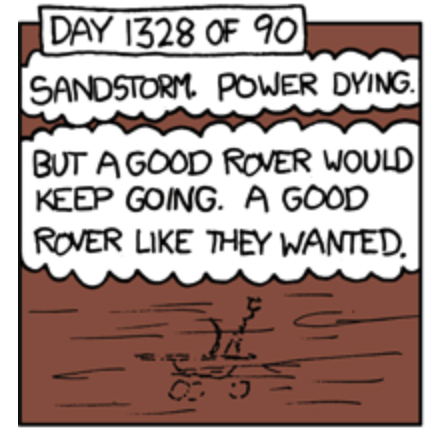Book review: “Good economics for hard times”
Abhijit V. Banerjee and Esther Duflo won the 2019 Economics Nobel for their work with experiments such as randomized controlled trials (RCTs), so I was excited to read their well-reviewed book (also from 2019). RCTs are designed to tease apart correlation from causation, and I’ve always found it frustrating that economic policy (at least the way it’s presented by politicians) makes little reference to whether we have evidence that something actually works. To make good predictions about the effects of a particular policy, we need a causal understanding of the system we’re trying to improve, and experiments are the best tools we have to get that understanding.… Read the rest


